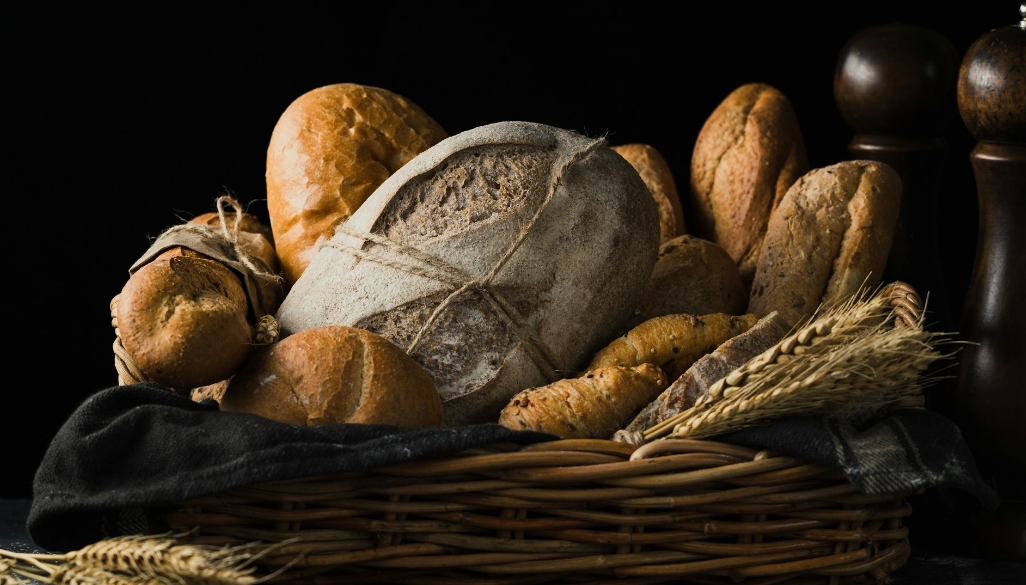Bread is Great for Your Gut Health – But Only If You Choose the Right Loaf

For many years, bread has had a bit of a bad reputation – often blamed for bloating, sluggish digestion and unwanted weight gain. But the truth is, bread can be incredibly good for your gut health. The secret lies in choosing the right kind of loaf.
The Fibre Factor
One of the key reasons bread can support a healthy gut is its fibre content. Fibre is essential for digestion – it keeps things moving, supports healthy bowel habits and feeds the beneficial bacteria that live in your gut (your microbiome). However, not all bread is created equal. Highly processed white bread tends to be low in fibre and nutrients, whereas wholegrain, seeded or sourdough loaves are packed with the good stuff your gut needs to thrive.
Look out for words like “wholemeal”, “wholegrain”, or “100% whole wheat” on the packaging. These types of bread are made from grains that haven’t been stripped of their bran and germ, where most of the fibre and nutrients are found.
The Magic of Fermentation
Sourdough, in particular, is increasingly celebrated for its gut health benefits. This traditional bread is made using a slow fermentation process involving wild yeasts and bacteria, which not only give sourdough its distinct tangy flavour but also break down gluten and phytic acid – substances that can be harder to digest. The result? A loaf that’s gentler on the stomach and easier for the body to absorb nutrients from.
Some studies also suggest that the live cultures present in fermented breads may have probiotic-like effects, helping to support a balanced gut microbiome. While sourdough isn’t technically a probiotic food (since the baking process kills the live bacteria), it does support gut health in other meaningful ways.

Watch for Hidden Ingredients
Many supermarket breads contain added sugars, preservatives and emulsifiers – all of which may interfere with gut function over time. Emulsifiers in particular have been linked in some studies to inflammation and disruption of the gut lining. Always check the label and aim for loaves with fewer, more recognisable ingredients.
As a rule of thumb: the shorter the ingredients list, the better the bread is likely to be for your gut.
Gut-Friendly Bread Tips
- Opt for fibre-rich loaves : such as wholegrain, rye or seeded bread.
- Try sourdough if you struggle with digesting regular bread : especially if it’s made using traditional long fermentation methods.
- Toast it : lightly toasting bread can make it easier to digest for some people.
- Add toppings that support gut health : think avocado, hummus or live yoghurt-based spreads.
Ingredients
- 1–2 slices of wholegrain or sourdough bread, lightly toasted
- ½ ripe avocado, mashed
- A squeeze of lemon juice
- Pinch of sea salt and black pepper
- Sprinkle of chia seeds or mixed seeds
- Optional: drizzle of extra virgin olive oil or a few slices of fermented veg (like sauerkraut)
Why it’s great for your gut
The combo of fermented sourdough, fibre-rich avocado, and healthy fats makes this the perfect snack or light lunch to feed your good gut bacteria — and keep you feeling full and energised.












